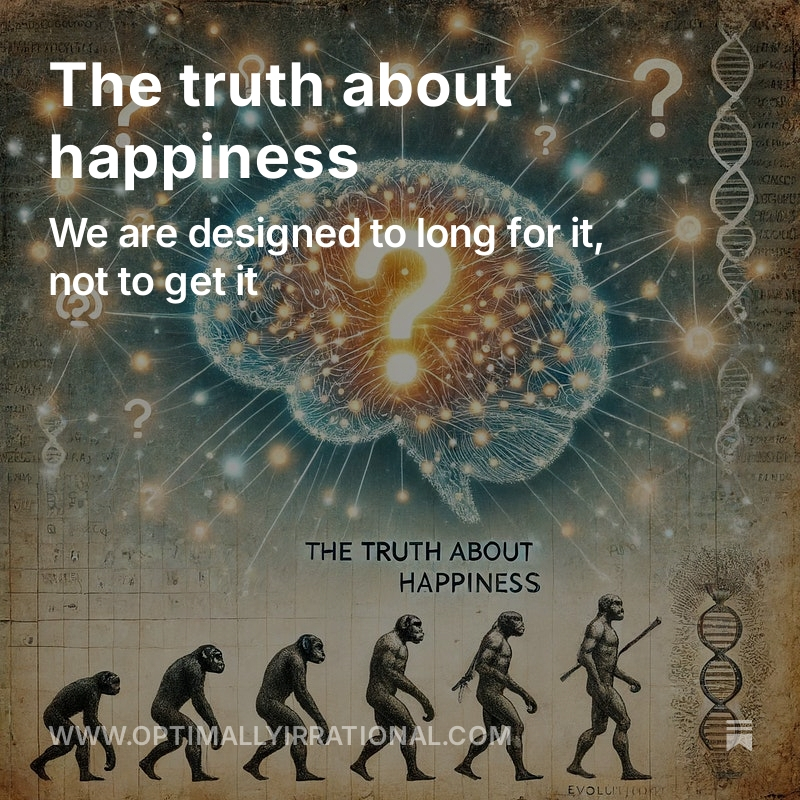We see war crimes unfolding in Ukraine.
Let’s not forget that, for years, some Western politicians/commentators have supported Putin, peddled his propaganda, and undermined the public support for a stauncher stance against his aggressions.
A short 🧵 with edifying statements.
Let’s not forget that, for years, some Western politicians/commentators have supported Putin, peddled his propaganda, and undermined the public support for a stauncher stance against his aggressions.
A short 🧵 with edifying statements.
In France, three politicians totalling around 40% of voting intentions have overtly backed Putin in the past: on the far left Melenchon, on the far right Zemmour and Le Pen (in the order of this incredible video, ht @benjaminhaddad).
In Italy, the former Deputy Prime Minister, and far right politician, Salvini went all-in with his support to Putin. 



Salvini had more than one Putin T-shirt as he demonstrated by wearing another one in Brussels.
In Britain, Nigel Farage admired the military genius of Putin...
In the US, the TV commentator Tucker Carlson, in 2019, talking about Russia’s war against Ukraine: “Why shouldn’t I root for Russia? which by the way I am.”
This complacency with Putin’s regime has certainly been helped by the flow of money from Russia to Western politicians to support their election… and retirement.
https://twitter.com/page_eco/status/1496837827166085122
Today they say “we did not know”.
But the methods used by Putin in Ukraine were already here for everybody to see. In truth those who supported Putin did not want to know, or did not want to care.
End 🧵
But the methods used by Putin in Ukraine were already here for everybody to see. In truth those who supported Putin did not want to know, or did not want to care.
End 🧵
• • •
Missing some Tweet in this thread? You can try to
force a refresh





















